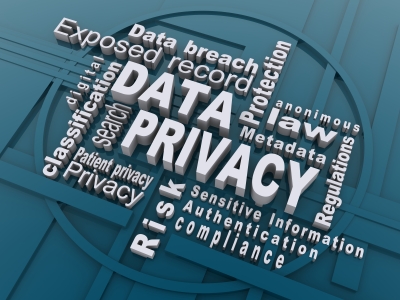Two recent employment discrimination cases, though differing in their outcomes, make it clear to litigants that information posted on social networking sites (“SNS”) is fair game.
The court in EEOC v. Original Honeybaked Ham Company equated social networking sites to file folders entitled “Everything About Me.” 2012 WL 5430974, *1 (D. Colo. Nov. 7, 2012) After citing some exemplar entries from a class member’s Facebook account, the court reasoned that “[i]f all of this information was contained on pages filed in the ‘Everything About Me’ folder, it would need to be produced.” Id. at *2. The court’s analysis also included reference to the significant amount in controversy, and the high likelihood that the sites will contain relevant information (a determination made in part based on a review of pages “already obtained [from] one affected former employee[].”). Id. In an attempt to ensure that only relevant, non-privileged material is disclosed, the court established a two-step review process involving the in camera inspection by a special discovery master and subsequent review by plaintiffs’ counsel before production to the defendant. Id. at *3.
The Central District of California, in Mailhoit v. Home Depot U.S.A., Inc., 2012 WL 3939063, *2 (C.D. Cal. Sept. 7, 2012), also determined that “[g]enerally, SNS content is neither privileged nor protected by any right of privacy.” Id. However, while the Mailhoit court expressed its willingness to consider the grant of access to relevant content on plaintiffs’ SNS pages, the court found fault with all but one of defendant’s requests; (the requests were “not reasonably particular; “impermissibly overbroad;” “fail[] for vagueness”). Id. at *3-5.



